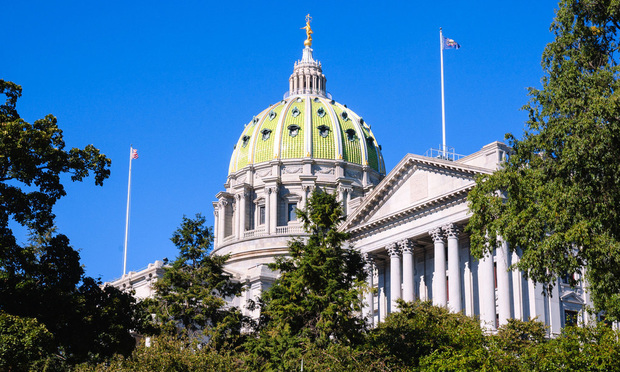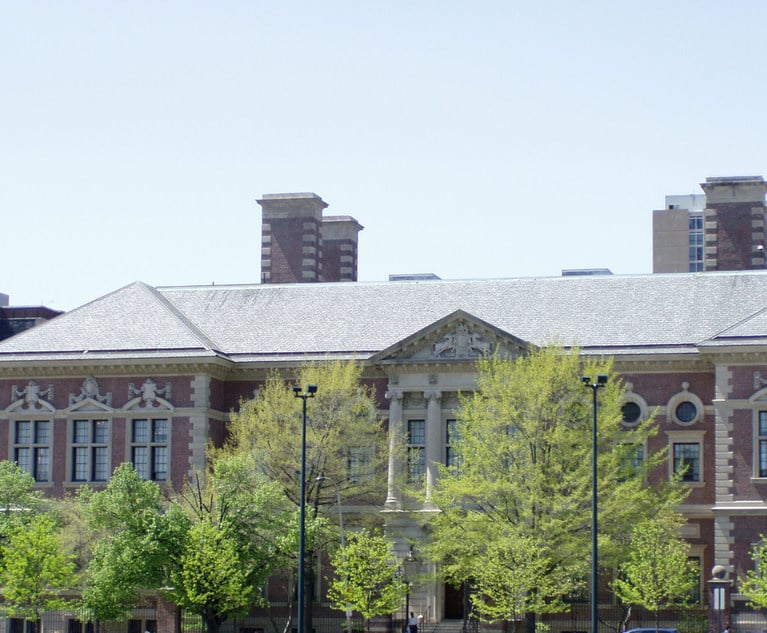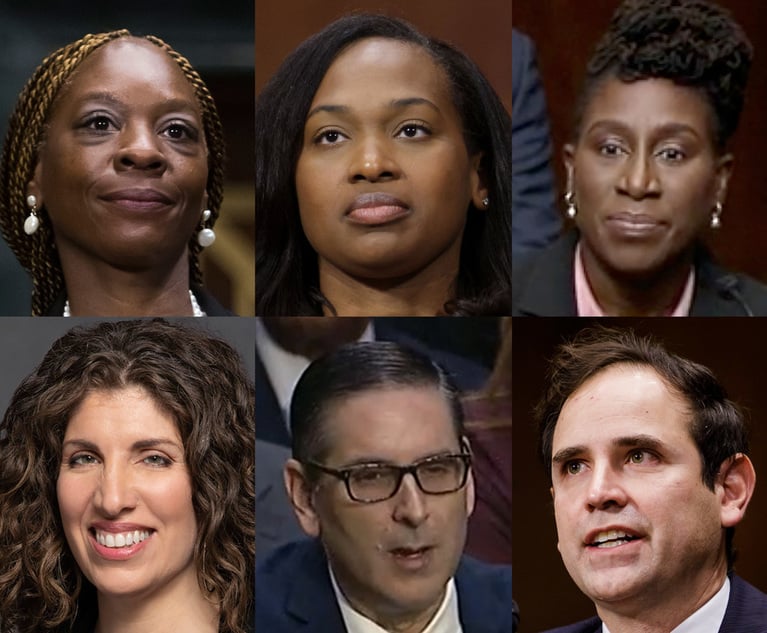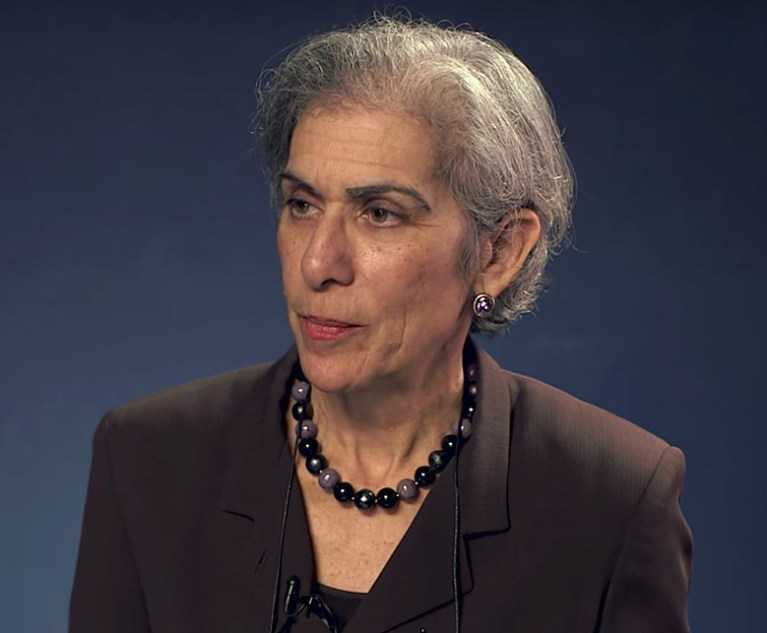Talk of impeaching members of the Pennsylvania Supreme Court began with a memo from a second-term state representative from a rural northwestern Pennsylvania-based district. But within two weeks, the state’s highest-ranking Republican was calling on lawmakers to have a “conversation” about the issue.
The topic of impeaching Supreme Court members has disheartened many in the state’s legal community, who decry the discussion as a clear danger to judicial independence, and political observers feel the that talk is mostly posturing that is unlikely to result in anything more than press releases. However, experts also note that, even if there is not a political will, there is a political way for the state General Assembly to impeach members of the Supreme Court. And, in today’s political environment, anything can happen.


 Pennsylvania State Capitol. Photo credit: Zack Frank/Shutterstock.com
Pennsylvania State Capitol. Photo credit: Zack Frank/Shutterstock.com





